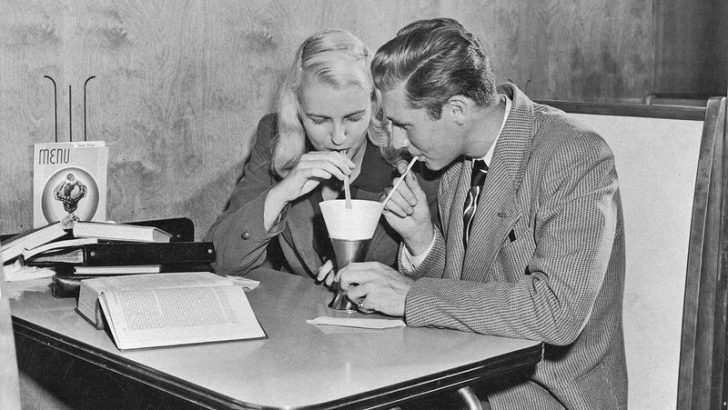Language evolves over generations, with new words and phrases emerging while others quietly fade into obscurity. For Millennials, many words that were once commonplace in the Boomer era might seem like relics of a bygone age. These words hold a certain charm, revealing glimpses into the cultural and social nuances of the past.
From expressions of surprise to colloquial terms for everyday items, these words are a fascinating part of linguistic history. We’ve compiled a list of 14 such words that Boomers might recognize instantly, but leave Millennials scratching their heads. Join us on a nostalgic journey through time with these delightful and sometimes puzzling terms.
1. Flibbertigibbet
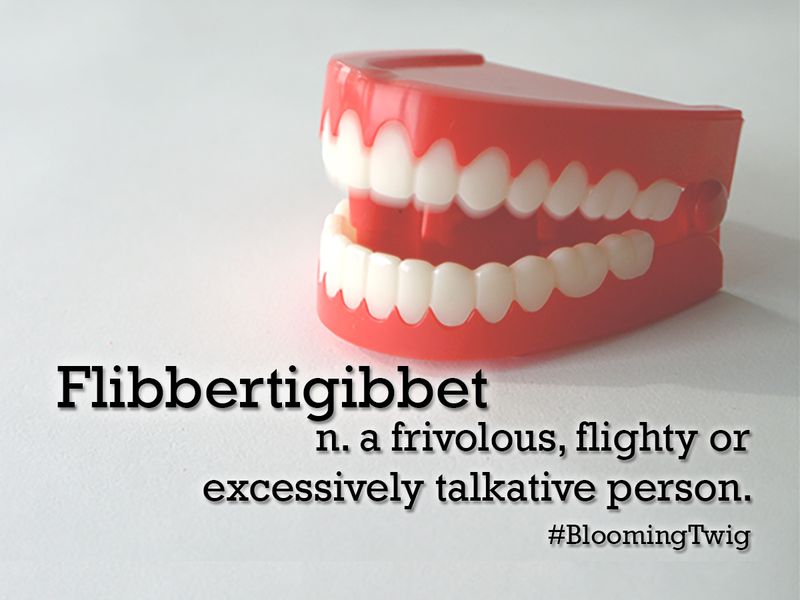
The term “flibbertigibbet” refers to someone who is excessively talkative, often chattering on about inconsequential things. Originating in Middle English, it evokes the image of a person who simply can’t seem to stop speaking. This whimsical word captures the playful aspect of language that was more prevalent in earlier eras. Its sound alone suggests a light-heartedness that belies its potentially pejorative meaning. Despite its charm, it’s a word that’s rarely heard today. When used, it often brings a smile due to its unique and playful phonetics.
2. Dungarees
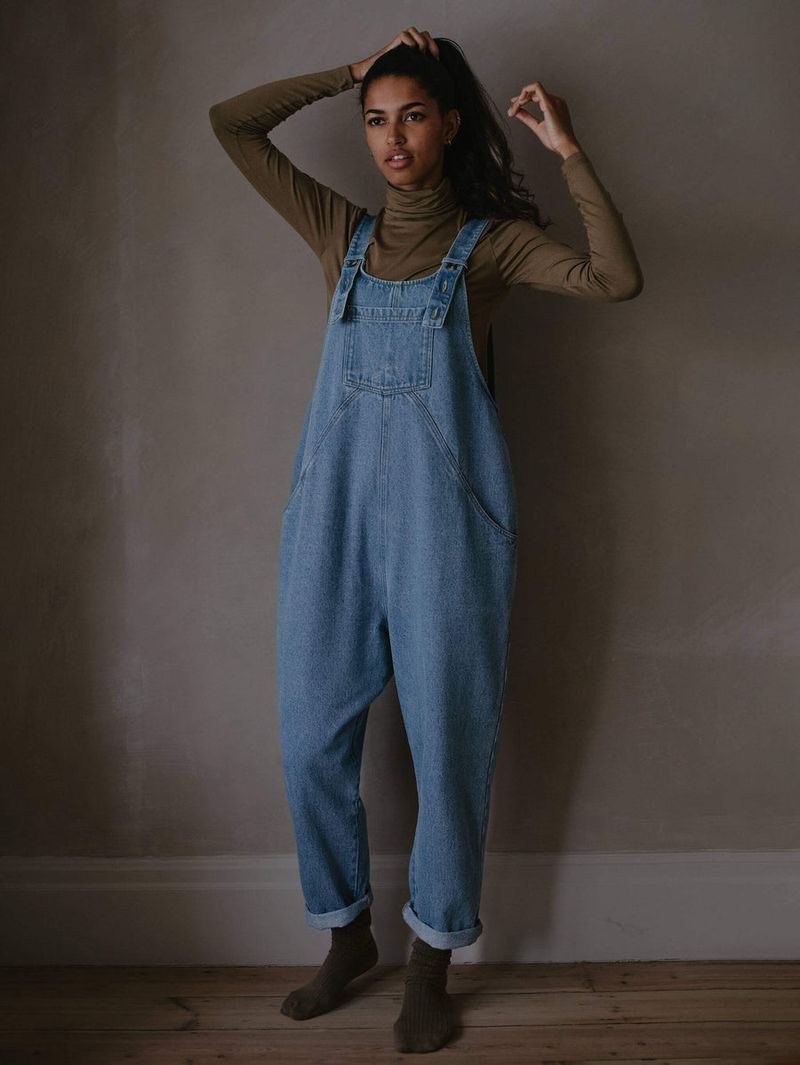
“Dungarees” is an old-fashioned term for denim overalls or jeans. Originating from the Hindi word “dungri,” it was adopted into English during the days of British colonialism in India. The term was widely used across the 20th century, especially among working-class individuals. Today, it’s more common to hear “jeans” or “overalls.” The word “dungarees” carries a nostalgic weight, conjuring images of simpler times when durability and practicality in clothing were paramount. It’s a testament to the rich tapestry of linguistic influences over time.
3. Fuddy-duddy
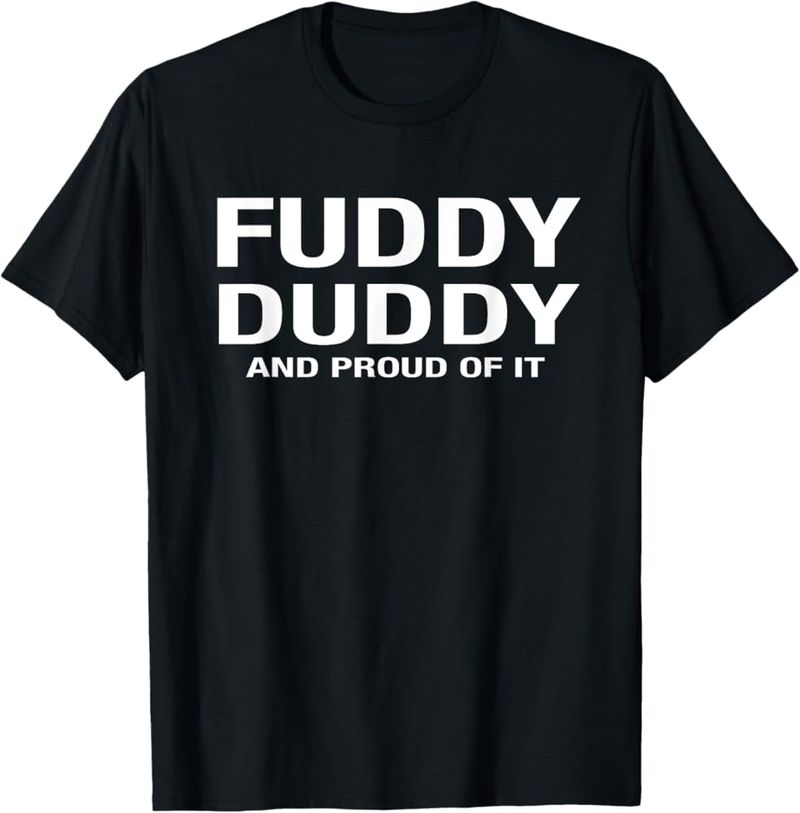
“Fuddy-duddy” is a playful insult for someone who is old-fashioned or overly conservative in their attitudes. It describes a person who clings to the past, often resistant to change and modern ideas. The term itself sounds as quaint as its meaning suggests, embodying the very essence of what it describes. While it may have a humorous undertone, being called a “fuddy-duddy” is typically not flattering. It highlights the generational contrasts in attitudes, with Boomers often using it to affectionately tease those set in their ways.
4. Hullabaloo
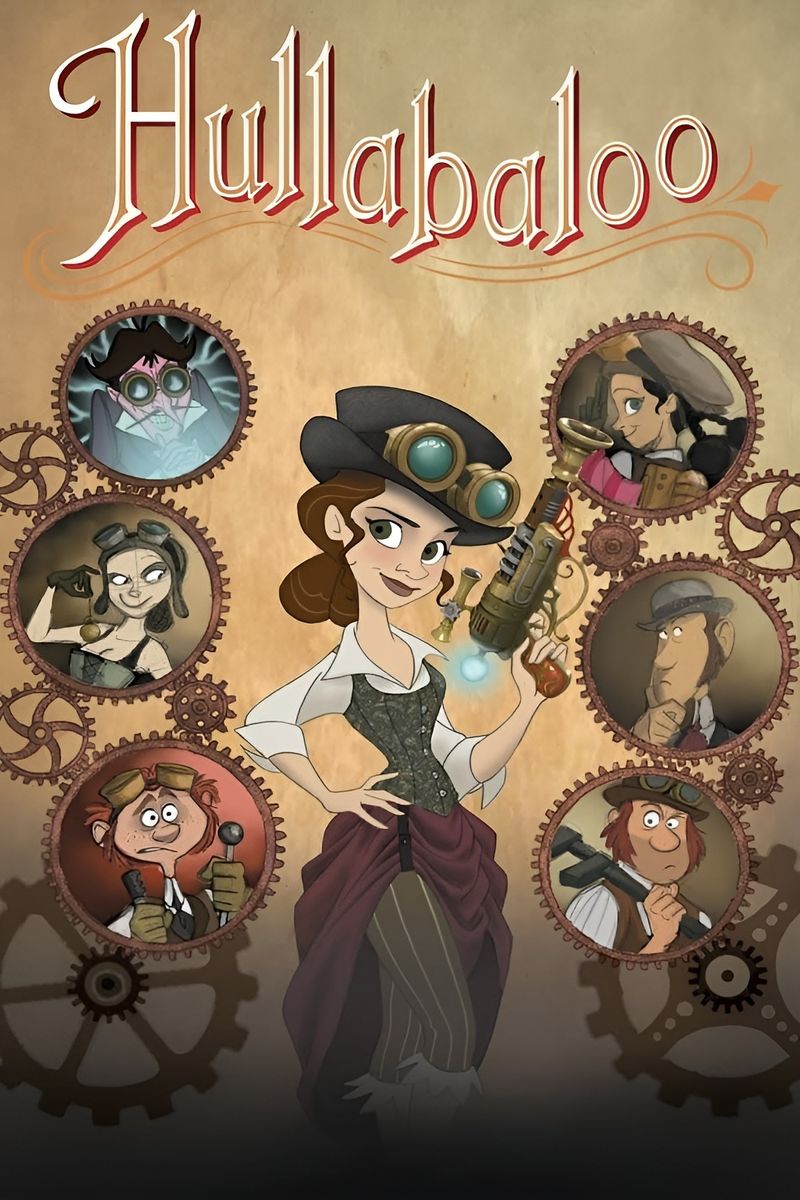
“Hullabaloo” signifies noise, commotion, or a situation with a lot of activity and excitement. Its origins are somewhat unclear, but it’s been a part of English vernacular since the mid-18th century. This word is perfect for describing any event filled with chaos or uproar, such as a bustling market or a loud family gathering. The playful sound of “hullabaloo” mirrors the disorder it describes, making it an evocative choice for lively situations. It’s a word that, while rare, brings a vivid scene to life in the mind’s eye.
5. Ragamuffin
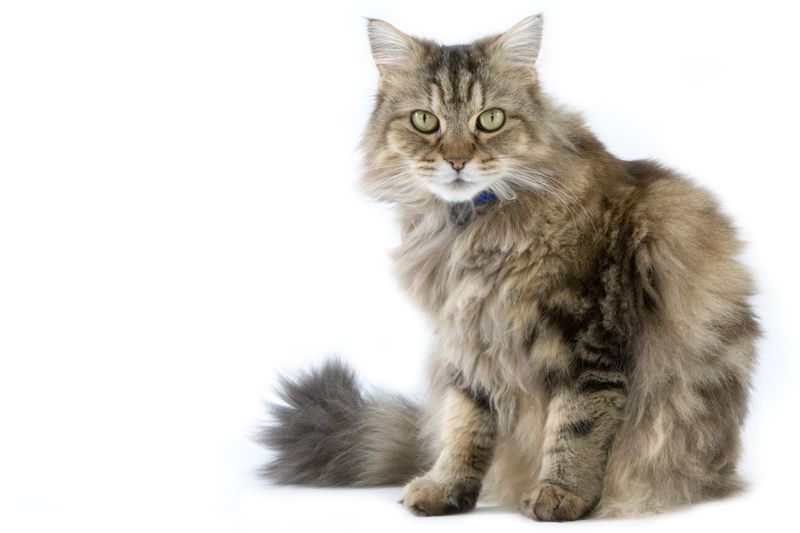
The term “ragamuffin” describes a person, often a child, who is dressed in ragged, dirty clothing. It’s a word that has its roots in Middle English, originally used to describe a demon. Over time, it evolved to refer to someone of scruffy appearance. While it might seem derogatory, the term is often used affectionately to describe playful, carefree children. “Ragamuffin” evokes a sense of nostalgia, harking back to a time when childhood was less structured and more about imaginative play. Despite its decline, it remains a charming glimpse into the past.
6. Cripes
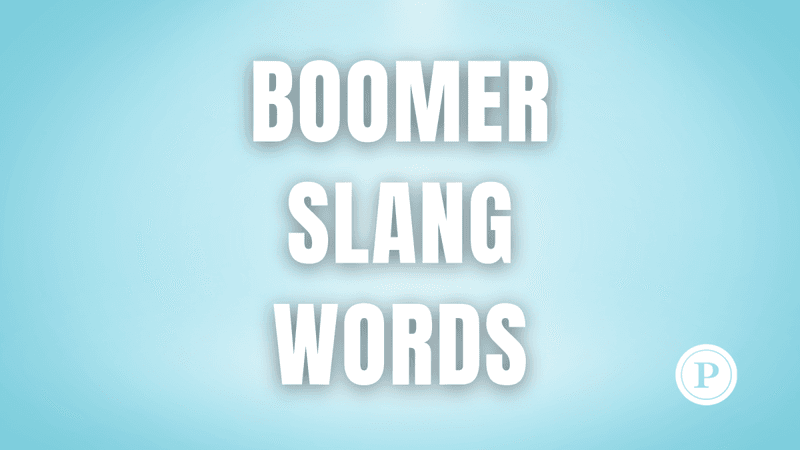
“Cripes” is an exclamation used to express surprise or annoyance, akin to saying “oh my gosh!” It emerged in the early 20th century, likely as a euphemistic alteration of religious oaths, allowing people to express themselves without taking the Lord’s name in vain. “Cripes” carries a vintage charm, reminiscent of simpler times when such expressions peppered everyday speech. While it might sound archaic to Millennials, it offers an amusing peek into the past, reflecting the creative ways people have adapted language to suit social norms and sensitivities.
7. Ballyhoo
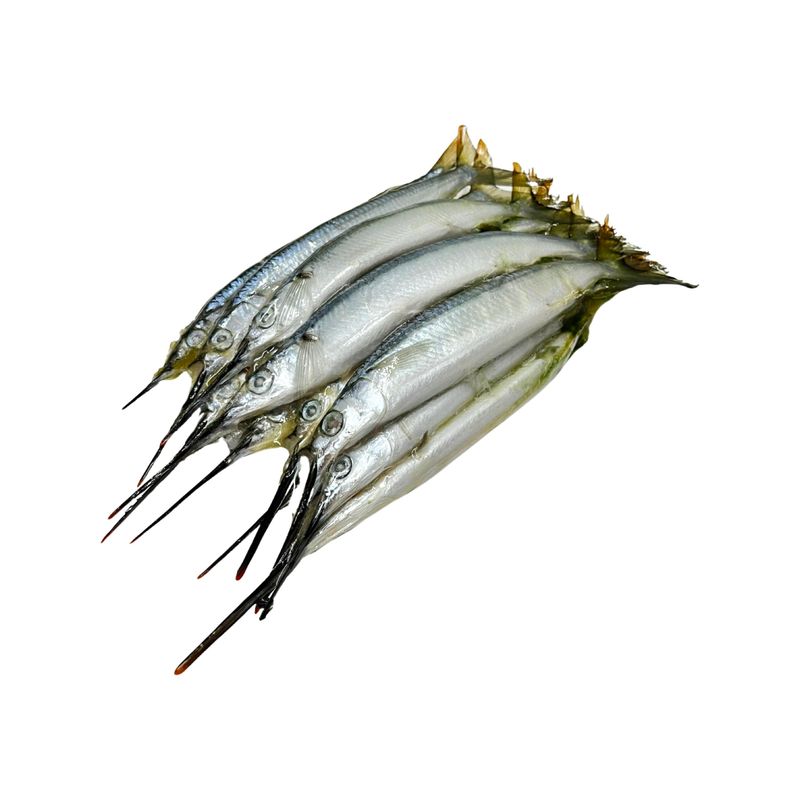
“Ballyhoo” refers to extravagant publicity or fuss. It originates from the 19th-century American slang, used to describe the sensational promotion of events or products. This word encapsulates the idea of creating a spectacle to capture public attention. In a world dominated by digital media, the idea of a “ballyhoo” seems quaintly analog, harking back to a time when street criers and loud advertisements were the norm. The word carries a sense of drama and theatricality, making it a delightful addition to any discussion about attention-getting tactics.
8. Codswallop
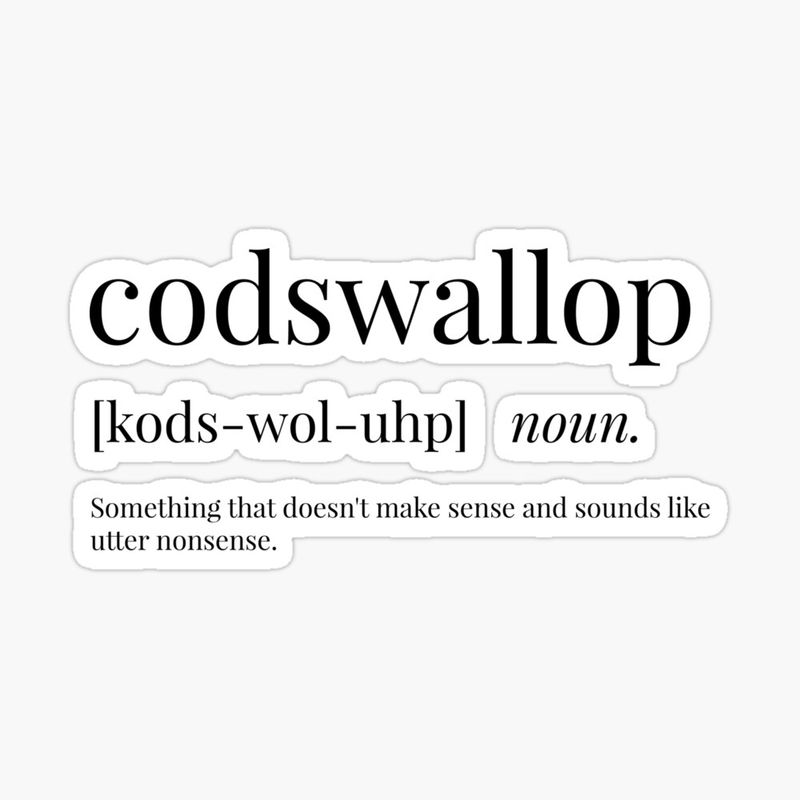
“Codswallop” is a playful term for nonsense or rubbish. Its origins are debated, but it’s thought to have emerged in the UK during the 20th century. This word is ideal for dismissing something considered absurd or false. “Codswallop” adds a touch of whimsy to ordinary conversation, its very sound evoking derision with a smile. Although it’s not commonly used today, it remains a charming example of how the English language can be colorful and expressive. It’s a term that invites listeners to reconsider the validity of the subject at hand.
9. Gobsmacked
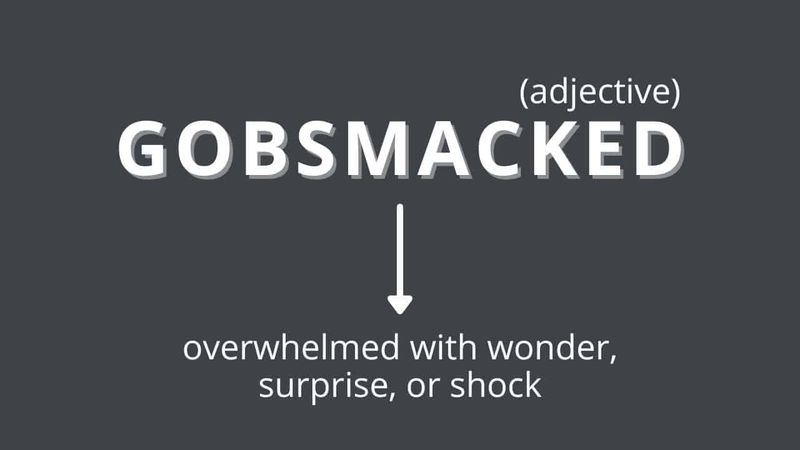
The term “gobsmacked” is British slang for being amazed or astounded, literally suggesting being hit in the mouth with surprise. Originating in the UK, it’s a vivid expression that perfectly captures the feeling of being utterly taken aback. While it’s more commonly used in British English, its quirky sound has made it popular elsewhere as well. “Gobsmacked” conveys an intensity of emotion that’s hard to match with other words. Its colorful imagery and striking phonetics make it a standout choice for expressing sheer astonishment, even if it leaves some listeners a bit puzzled.
10. Kerfuffle
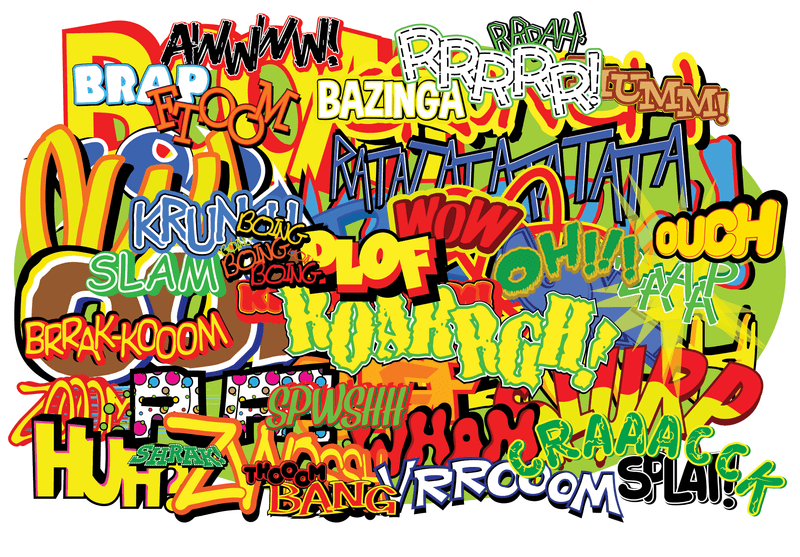
“Kerfuffle” describes a commotion or fuss, especially one caused by conflicting views. The word has Scottish origins, entering English use in the 19th century. It’s often used to describe minor, somewhat humorous disputes or misunderstandings. The charm of “kerfuffle” lies in its playful sound, which softens the severity of any disagreement it describes. While not as common in modern vernacular, it remains a delightful linguistic relic, illustrating how language can turn everyday chaos into something almost endearing. It’s a term that suggests everything will eventually calm down.
11. Scallywag
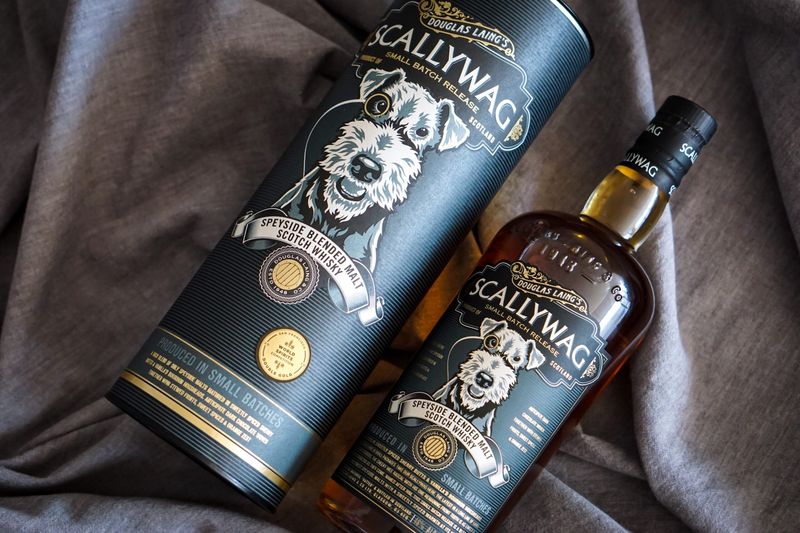
A “scallywag” is a mischievous or roguish person, often used affectionately. The term gained popularity in the 19th century, particularly in the Southern United States during post-Civil War Reconstruction. Originally pejorative, it evolved into a more light-hearted term. “Scallywag” evokes images of lovable rogues who bend the rules but stop short of real trouble. Its playful tone makes it perfect for teasing someone with a penchant for harmless mischief. Despite its rarity today, calling someone a “scallywag” still brings a twinkle to the eye and a smile to the face.
12. Malarkey
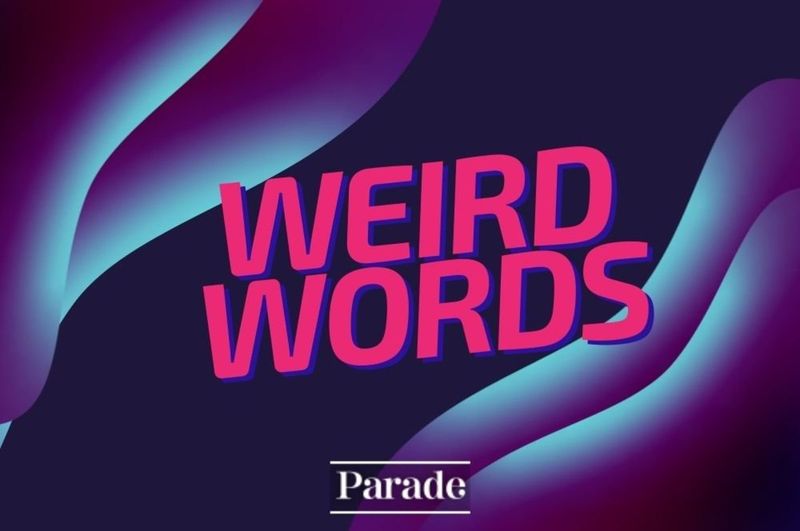
“Malarkey” refers to meaningless talk or nonsense, often used to dismiss exaggerated claims. It likely emerged in the United States in the early 20th century, though its exact origin remains unclear. This word is ideal for calling out dubious statements or tall tales. “Malarkey” carries a humorous undertone, making it a gentle way to challenge someone’s assertion without causing offense. While it may not be a common part of today’s vocabulary, it remains a delightful expression, encapsulating the playful skepticism that characterized much of 20th-century discourse.
13. Hootenanny
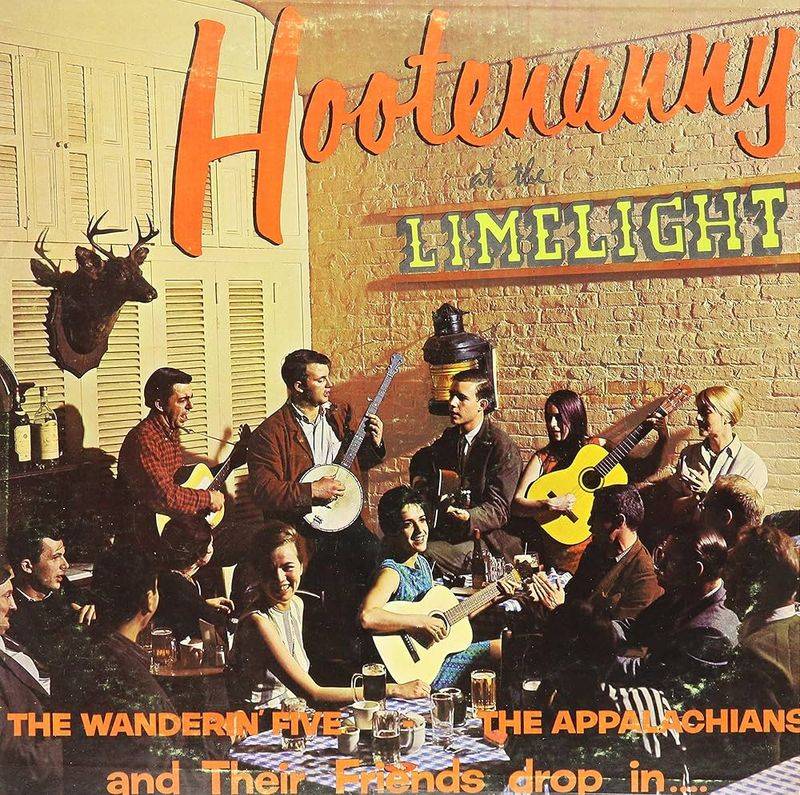
“Hootenanny” is a term for an informal gathering with folk music and dancing. It originated in the United States in the early 20th century, gaining popularity as a name for musical events. The word conveys a sense of community and joy, evoking images of people coming together to share music and laughter. While “hootenanny” might sound quaint today, it encapsulates a spirit of spontaneity and celebration. It’s a reminder of times when entertainment was more about shared experiences than digital screens. The word itself is as fun and lively as the events it describes.
14. Whippersnapper
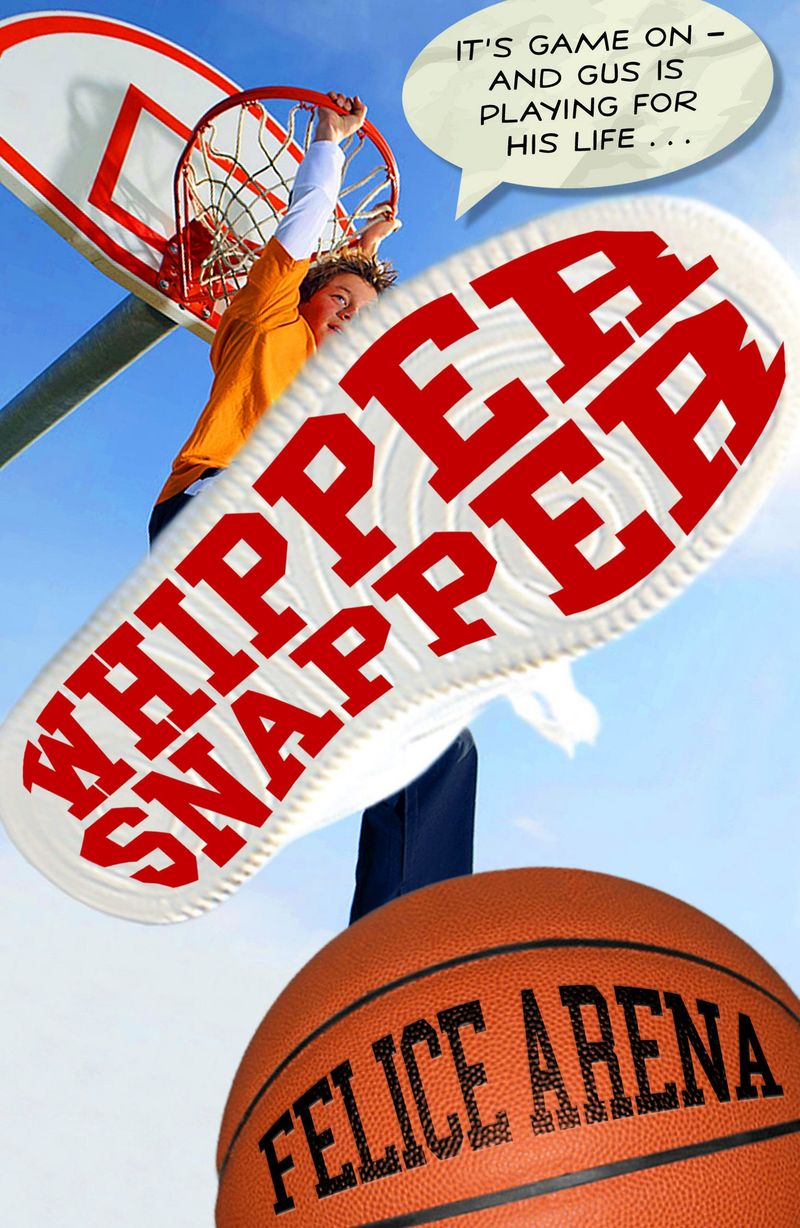
The term “whippersnapper” refers to a young, inexperienced person perceived as overconfident or presumptuous. It has been part of the English language since the 17th century. Often used by older generations to describe youthful impudence, it carries a tone of playful condescension. While it can be slightly derogatory, it’s mostly used in an affectionate manner, recognizing the audacity of youth. “Whippersnapper” is a charming reminder of the generational divide, highlighting how each generation views the next. Although it’s not as prevalent today, it still carries the weight of its historical amusement.

Well, hello there!
My name is Jennifer. Besides being an orthodontist, I am a mother to 3 playful boys. In this motherhood journey, I can say I will never know everything. That’s why I always strive to read a lot, and that’s why I started writing about all the smithereens I came across so that you can have everything in one place! Enjoy and stay positive; you’ve got this!

